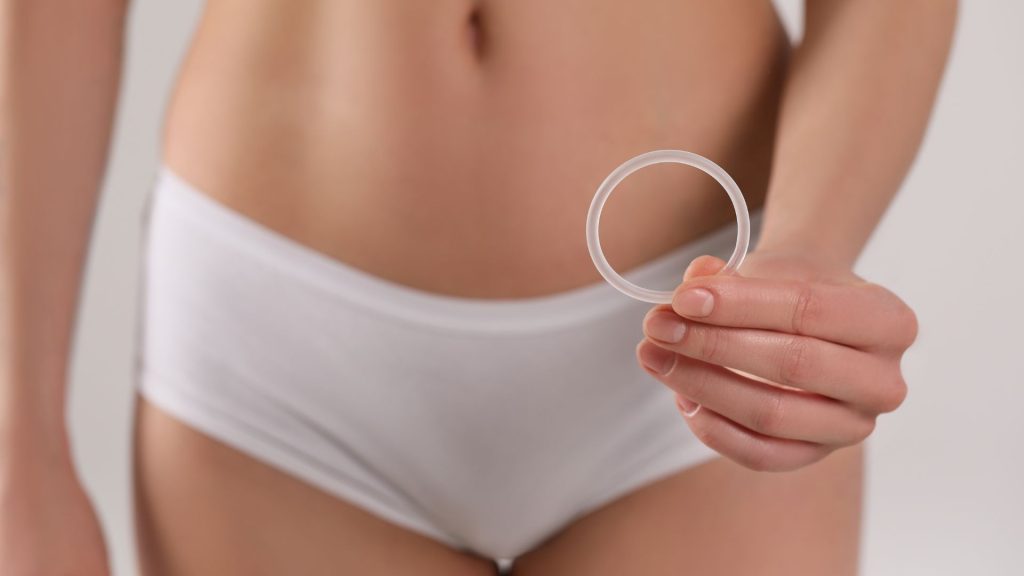Society often sends us narrow messages about our vulva, but female bodies are complex systems. By becoming familiar with your vulva and its typical looks, feels and smells you may be better equipped to identify changes that could signal infection.
Harsh soaps, sprays and perfumed products can alter the natural pH balance of the vagina and allow harmful bacteria to flourish. It is best to opt for two-ply toilet paper without scent and perform Kegel exercises to strengthen pelvic muscles.
Clean Your Vulva
Cleansing the vulva correctly is an integral component of women’s intimate hygiene. Daily cleansing with an ideally pH-balanced wash that doesn’t alter its microbiome is key, as well as opting for cotton undergarment over tight clothing as this will trap moisture and allow bacteria to flourish.
Vulvar discharge is usually composed of mucus and beneficial bacteria, helping to clean out the area. On occasion, women may notice changes to either its thickness or color which should be evaluated by a healthcare professional as soon as possible.
To maintain healthy vulvae and the surrounding skin, showering instead of taking baths can help keep it in good condition, as bathwater contains harsh soaps and scented gels which may disrupt the natural microbiome and cause irritation. Cotton undergarment should also be worn instead of tight clothing to reduce sweat production and trap organisms that create unpleasant odors.
Don’t Irritate It
As the skin near the vulva and anus can be delicate, it’s important to avoid potential irritants like tight clothing, soaps, scented products and detergents that could potentially sting. Douching and vaginal steaming may make symptoms worse as well as disrupt healthy bacteria that line the vulva.
If itching is new for you, take note of what may have changed recently in your routine. Lubricants or contraceptive products could be to blame; intimate washes and sanitary pads may aggravate as well as toys or changes to menstruation cycle patterns that cause irritation.
If itching is bothersome, try applying a cooling compress on the area around your vulva to provide soothing relief while not treating an infection. Aloe vera and coconut oil have also been shown to relieve itching; one study indicated this approach helped kill Candida albicans (which causes yeast infections). However, this research was performed in a lab environment so further evaluation is necessary for safety purposes.
Don’t Use Feminine Hygiene Products
Shopping for soap, lotion or wipes can be tempting when looking for feminine hygiene products, which claim to cleansers for intimate areas such as the vulva. Unfortunately, however, they are unnecessary and could have adverse effects on its lining.
Intimate wash products contain additives and fragrances that may interfere with natural bacteria in the vaginal area, and regular bathing soap can upset its pH balance, leading to irritation, itching or infections in this sensitive region of your body.
Douching or washing of the vulva canal with solutions such as water and vinegar or store-bought washes can disrupt an otherwise healthy environment, increasing chances of sexually transmitted infections (STIs) entering into fallopian tubes and leading to pelvic inflammatory disease.
Avoid feminine hygiene products in favor of cleansers designed specifically to care for the vulva. Coconut oil-based lubricants may provide relief after periods and serve as an excellent alternative to douches.
Don’t Shave or Wax
The vagina has an ideal pH balance that aids in fighting harmful bacteria, so overwashing or using harsh cleansers could upset this balance and cause infection. Douching or other vaginal “cleaners” that disrupt its flora could also upset its natural balance and result in yeast infections.
Your pubic hair serves multiple functions; not only is it for aesthetic reasons, it protects the vulva from friction during sexual activity and keeps sweat, oil and dirt at bay, helping prevent infections in this sensitive area. Shaving and waxing may irritate skin there as well as disrupt its natural pH balance – both can compromise this important protective barrier.
As always, be sure to wipe from front to back in order to prevent outside bacteria from infiltrating the vulva and pushing up into the urethra where they could cause bladder or urinary tract infections. Be sure to pee shortly after having sex as this will flush away any harmful bacteria and help ensure a better night’s rest for both partners. Additionally, get regular screenings and Pap smears done for peace of mind.


